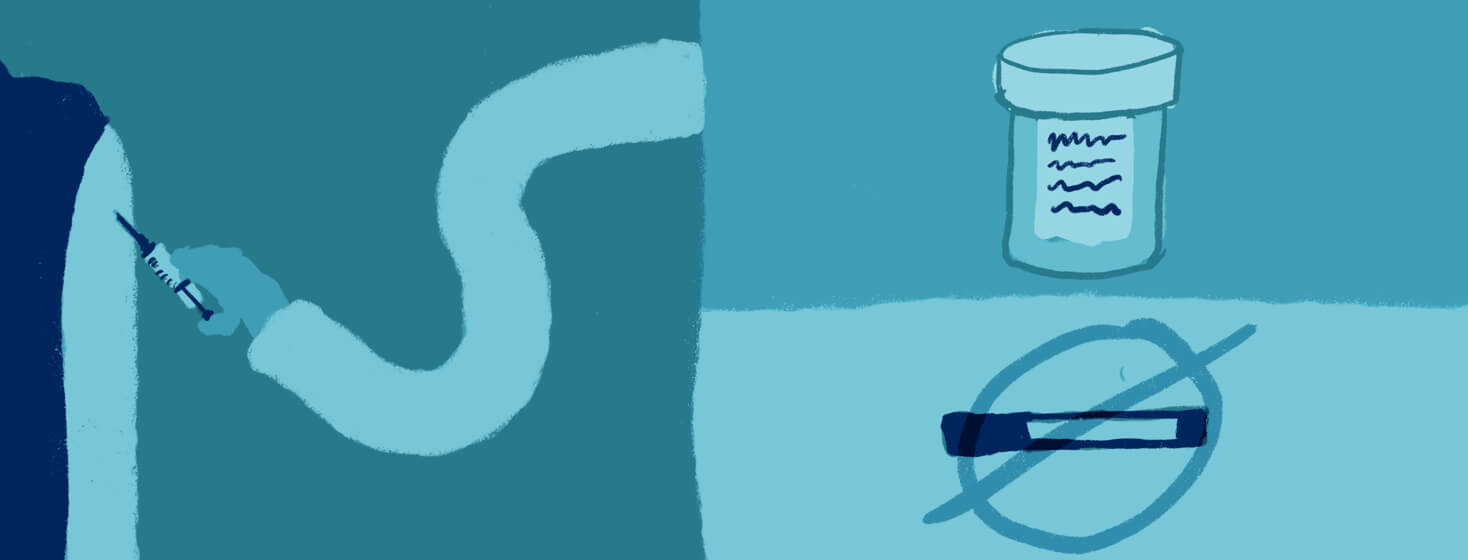Preventing & Managing COPD Exacerbations
This is a follow up post that will go into how to manage COPD exacerbations. Check out the first post where I looked at recognizing the signs of an exacerbation.
What you can do to prevent exacerbations
Flare-ups take a toll. Besides the physical effects on your quality of life, they can also be costly. Studies have shown that as few as two exacerbations a year can cost more than $6000 in medical expenses, due to more doctor visits and emergency care.
The mental and emotional toll can be costly too. Your flare-up may keep you in bed, or at least on the couch. You may become housebound and dependent on others for your daily needs. This can lead to depression and loss of self-esteem.
Here are some actions you can take that may help prevent at least some of your COPD exacerbations in the future.
1. Quit smoking, if you're still smoking. This is the best preventive measure you can take. Also, try to reduce your exposure to secondhand smoke, especially if it's from a caregiver or someone you live with.
2. Get a flu shot annually. The flu presents its own risks to your health as it will irritate your already inflamed airways. Plus, in people with COPD, it is not uncommon that the flu will quickly lead to pneumonia. There is evidence that yearly flu shots can have some effect on preventing flare-ups. And the risk of side effects is low.
3. Get vaccinated against pneumonia. Check with your doctor about which type of vaccine will be right for you and how often you'll need to get it.
4. Follow your treatment regime. Take the medications your doctor has prescribed. Use your supplemental oxygen if you have it. Take care of yourself. Eat healthy, stay hydrated and get plenty of rest. Also, check in with your doctor regularly and ask if there are newer updated medications that may work better for you in preventing flares.
4. Ask your doctor to help you develop a COPD Action Plan. This is a written plan that can help you identify the earliest signs of an exacerbation and then the actions to take to head it off at the pass.
5. Keep in close contact with your doctor and/or health care team. When you work closely with your health care providers, you are more likely to have positive outcomes.
How to handle a COPD flare-up
So, what if your best efforts to prevent a flare-up don't always result in success? In those cases, taking quick action is key.
1. First, use your COPD Action Plan if you have one. This should guide you on who to call and when to take which actions.
2. Be vigilant. Make note of when your symptoms are worsening. Don't just wait it out. Studies show that COPD sufferers sometimes ignore symptoms or wait too late to seek treatment or care. And that can result in a worse exacerbation or even a relapse. Take action right away.
3. Call your doctor or seek other care. When you speak with your doctor, be prepared to discuss exactly how you are feeling and what you've done so far to treat the flare-up. Also, share how well the actions you've taken are working. If you can't get hold of your doctor in a timely manner, you may need to seek emergency care. Do not wait until your symptoms get totally out of control.
In summary
People who have COPD can expect to experience COPD exacerbations from time to time. But, to prevent or at least slow down the progression of your disease, it's important to take whatever actions you can to prevent flare-ups from occurring. The less you have, the better you will feel and the less likely you will be to see your condition going downhill.

Join the conversation